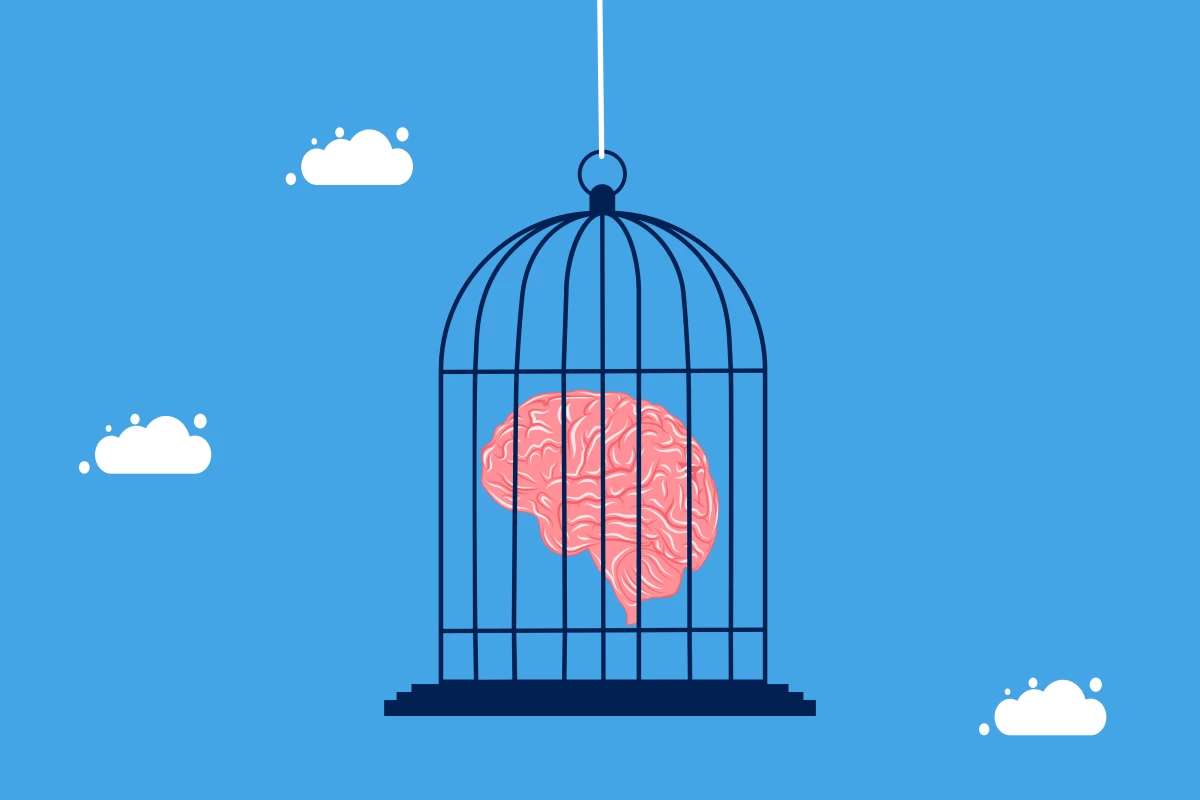This year a clinical trial will test a drug combination designed to bring lasting relief for people with panic disorder – a condition that can upend daily life and be notoriously difficult to treat. No new medications have been approved to treat the condition since 2003.
Scientists at the Mackay Institute of Research and Innovation (MIRI), the research arm of Mackay Hospital and Health Service, is currently recruiting patients aged 18-65 years who have been diagnosed with reoccurring panic attacks to take part in a clinical trial of a new oral medication – a combination of two existing drugs – that could effectively relieve symptoms without the risk of addiction that comes with many current therapeutics.
Anyone who has battled with panic disorder during their lifetimes – which is an estimated 4.7% of the US adult population – will know how tough it can be to self-manage. The anxiety disorder, which is marked by unexpected and repeated episodes of intense fear, can make people avoid situations or places that could trigger a panic attack, leaving sufferers feeling like they're trapped in an invisible prison.
While panic attacks aren't technically harmful, the physical symptoms during an episode can feel like they are – chest tightness or pain, dizziness, nausea, shortness of breath – and can leave people in a state of hypervigilance, making the condition all-consuming. Among all anxiety conditions, panic disorder accounts for the highest number of medical visits.
“Their life actually goes on hold,” said psychiatrist and clinical trial lead researcher Alok Rana, M.D. “They can't go into public a lot of the time. There are triggers which are outside the house, so they start confining within the house.
“Also, they struggle to drive so they lose their independence," he added. “Some people may struggle to carry on with jobs because the stressors at the job or stressors anywhere in life can bring these panic attacks on.”
What makes treating panic disorder difficult is that these attacks can be symptoms of other conditions, including generalized anxiety disorder (GAD), social phobia disorder (SAD), agoraphobia, major depressive disorder (MDD) and alcohol use disorder (AUD). On top of this, stressors – or triggers – can be incredibly personal and unpredictable, and sufferers often get stuck in shame loops that in turn worsen the condition.
Treatment for panic disorder typically involves psychotherapy such as cognitive behavioral therapy (CBT), medication, or both. However, CBT or exposure therapy doesn't work for a considerable number of people, and drugs come with their own downsides. Selective serotonin reuptake inhibitors (SSRIs) can be effective long term, however, for around 15% of people, these medications can worsen symptoms initially, leading to sufferers stopping treatment. Benzodiazepines like alprazolam (Xanax) and clonazepam (Klonopin) are generally only seen as a short-term intervention because they can be habit forming and cause physical or mental dependence.
In this new trial, tolerability and efficacy will be assessed throughout the 15-week period, with participants undergoing six site visits, eight video consultations and a phone call. They'll also have access to ongoing support from medical staff throughout the trial.
“We are using a combination of two medications, which are already used for physical health issues and widely used in the population,” Rana said. “So we know that these are safe medications.”
Rana and fellow psychiatrist Graham Pasternak are hopeful that this new treatment, which has not been named, could be a life-changing one for people with panic disorder.
“An interesting thing about this combination drug is that it's not tolerance or dependence forming, whereas if you provide Valium to these people, there can be immediate relief, but long term you develop significant dependence,” Pasternak said. “And then we see, later, addiction and other sorts of co-existing disorders.
“By providing some symptomatic relief, hopefully it reduces long-term functional decline that's associated with most mental illnesses,” he added.
The trial is expected to begin this year once recruitment targets are met. For more information about potentially participating in this Australia-based study, you can email the team or visit the trial portal.





